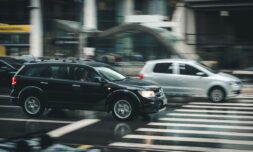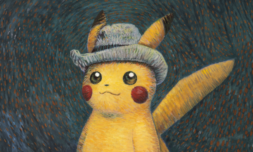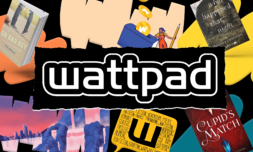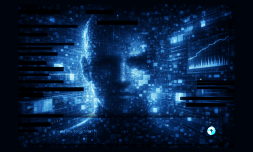With bans on important literary genres on the rise across America, an app called The Banned Book Club is a digital library that makes banned books available for everyone, regardless of where they are located.
Across America, libraries are being forced to pull highly acclaimed books from their shelves.
State-wide bans on certain types of literature are being implemented by local governments at the request of organisations that believe children (or anyone, for that matter) should not be exposed to the themes explored in their pages.
Books targeted by bans primarily focus on the experiences of people of colour and the history of racism in America. They also frequently involve LGBTQ+ characters and explore other important social issues such as mental health struggles, sexual assault, human trafficking, and addiction.
Over the last year, the number of books banned in the US has risen by one-third. The non-profit organisation PEN America reports that of the 3,362 book bans in school classrooms and libraries, 40 percent of cases have taken place in Florida.
In efforts to uphold freedom of speech – and the right to read the words of those exercising it – the Digital Public Library of America (DPLA) launched The Banned Book Club, preserving these works in a digital library that is freely accessible to anyone.





















